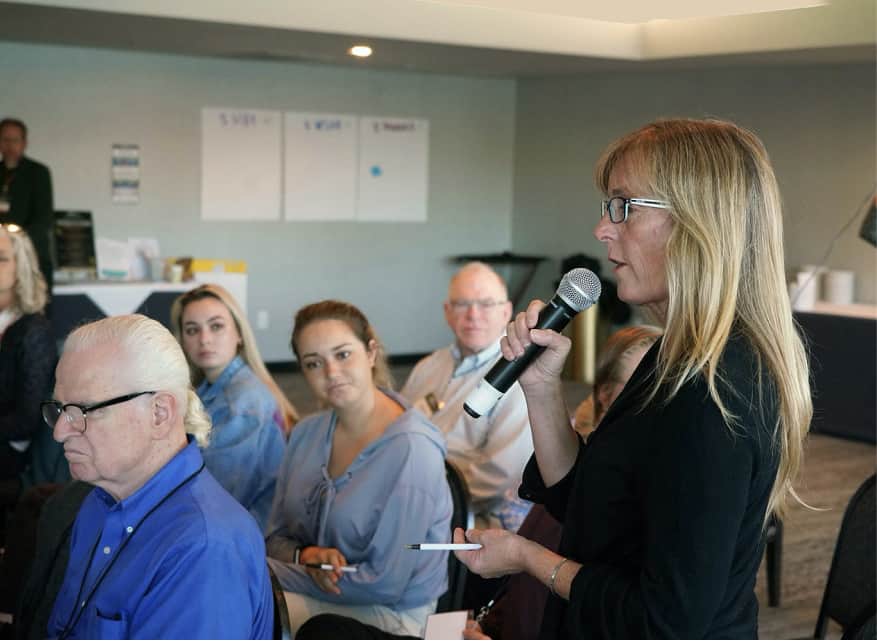Summary
Advocacy training was conducted on October 5, 2019, at Executive Inn & Suites, Oakland, as part of EDA’s Third Annual Conference, October 4-7. The training was focused on generating citizen support for 2019 CA Assembly Bill 933 for ecosystem resilience and watershed protection. Trainees visited the offices of State Assembly Representatives Rob Bonta and Buffy Wicks in support of the legislation (which failed in appropriations but reintroduced in 2021 under CA AB 1500).
AGENDA
SESSION 1: The Human Evolution of Economic Systems
How we lost sight of our human contract to care for the needs of all people and the environment. How the exponential impact of our economic decisions brought us to our current crises.
SESSION 2: Organizing Through a Shared Identity
How consumer culture has evolved into a global epidemic that undermines social cohesion and threatens environmental disruption on a scale never before seen. Why ‘Systems Theory’ can get us back on track while we still have time.
SESSION 3: Strategizing a New Framework
What we’re leaving for future generations. How to develop a plan, create an “Ask”, and speak powerfully and make a difference when meeting with your legislation representatives.
SESSION 4: Advocating for Democratic Change
How we lost our power, what are the legal, structural and other roadblocks we face and how can we turn these into opportunities for change? What EDA has learned about the Bay area’s bioregion related to food and water sustainability? What are some effective ways to speak with people who have a different perspective?
MAKE A LEGISLATIVE ASK
Meetings with Elected Officials/Staff:
Buffy Wicks, CA State Assembly member, District 15
Rob Bonta CA State Assembly member, District 18
KEYNOTE SPEAKERS
Sign up for our newsletter
EDA News is a quarterly publication that includes updates on our activities, feature stories, events, comments from members and reviews of articles from other sources. Read back issues of the newsletter.
